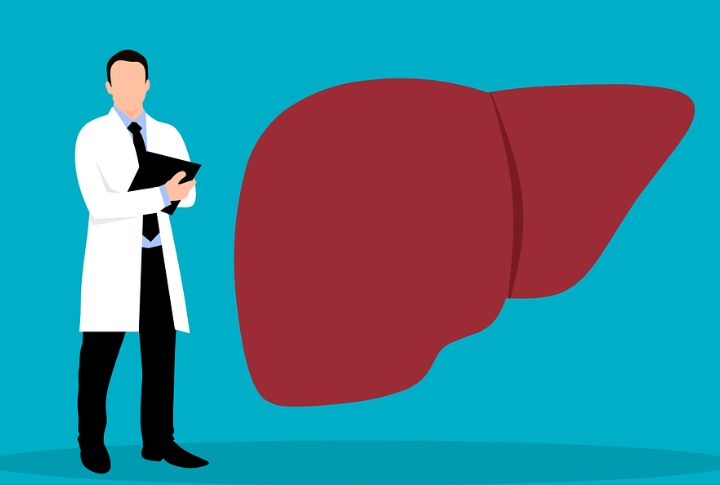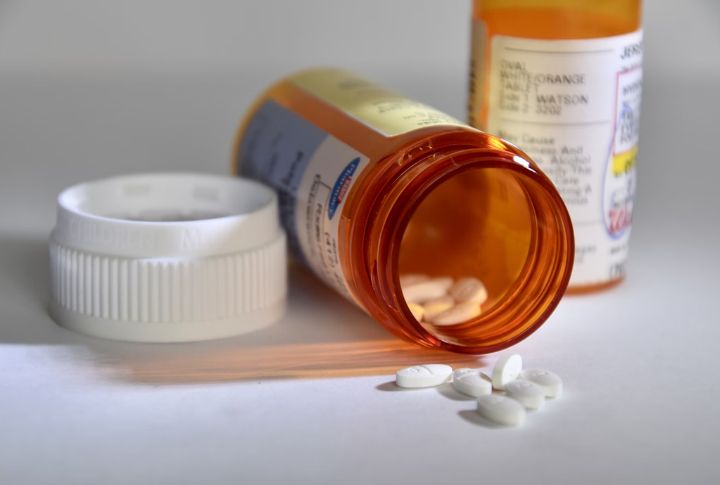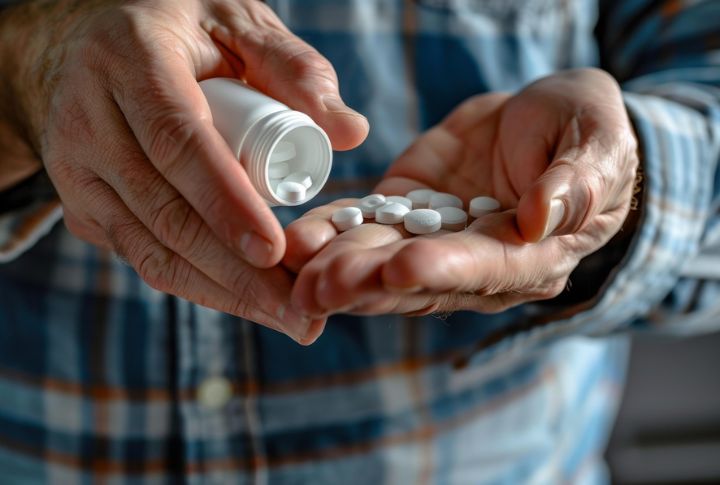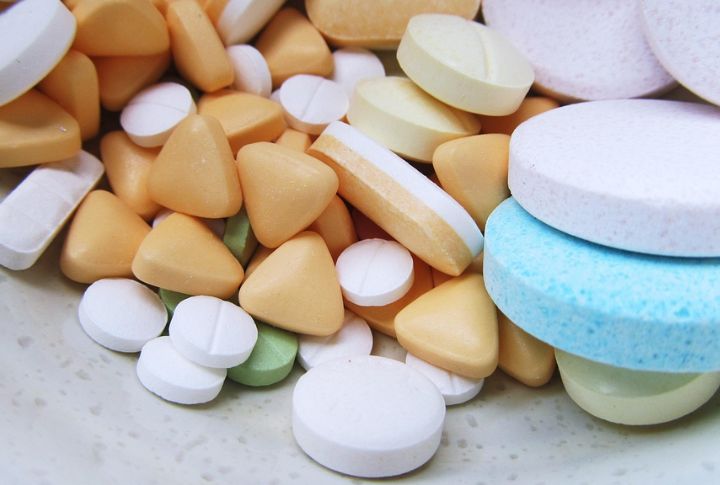
Statins work behind the scenes, gradually supporting heart health and cholesterol control. But throw alcohol into the equation, and the body may respond in unexpected ways. These reactions aren’t always immediate or severe, but they matter. So, let’s break down ten key effects that show how alcohol may interfere with statin therapy in your body.
Liver Stress Increases Dramatically

The liver acts as the body’s command center for chemical processing, including medications. Statins already require active involvement from this organ. Introducing other substances that rely on the same pathway can increase that workload and create internal pressure that often goes unnoticed until deeper signs surface.
Statins’ Effectiveness May Be Reduced By Chronic Alcohol Use

External compounds in alcohol can interfere with how your body processes medications, affecting their timing, absorption, or release. When this occurs consistently, it can diminish or alter the effectiveness of a statin. Over time, repeated exposure to these influences may lead to a gradual decrease in the expected therapeutic benefits.
Blood Pressure Control Becomes Less Predictable

Circulatory health depends on maintaining steady rhythms and inputs. External factors that affect heart rate or blood vessel tone can disrupt the smooth functioning that statins are meant to support. Even a small change in daily habits—whether unrelated to diet or stress—can have a bigger impact on your numbers than you might expect.
Liver Enzyme Levels Can Spike

Routine bloodwork might reveal fluctuations in enzyme levels tied to liver function. While statins themselves can influence these readings, combining them with other metabolically demanding agents may cause further elevations. These changes often occur quietly but serve as early markers of internal metabolic stress.
Muscle Pain And Weakness Become More Likely

Unusual muscle fatigue or soreness may not always point to physical activity. Statins influence how muscles generate and repair energy. Additional chemical inputs may reduce muscular efficiency or exaggerate sensitivity, especially in areas like the calves or shoulder regions that are often vulnerable to early discomfort signals.
Kidney Function May Be Strained

Kidneys filter countless compounds daily, including medication byproducts. When processing demands increase from multiple sources, filtration efficiency can decline. This may not produce symptoms right away. But subtle signs, like changes in urination or swelling, often precede more visible complications if left unchecked.
Risk Of Rhabdomyolysis Becomes Higher

On rare occasions, muscle tissue may break down at a rate that the kidneys might struggle to manage. This serious condition, though uncommon, can arise when multiple strain-inducing elements are present. Sensations like persistent soreness, weakness, or unexpected fatigue deserve prompt attention.
Increased Risk Of Statin-Induced Toxicity In Seniors

As the body ages, metabolism slows and organ efficiency shifts. Seniors process medications and nutrients differently, sometimes leading to heightened sensitivity or noticeable side effects. Although alcohol doesn’t directly increase age-related statin toxicity, careful dose adjustments remain the primary factor in ensuring safe medication use.
Chances Of Medication Non-Adherence

Day-to-day life doesn’t always run on schedule. When external substances alter sleep, alertness, or memory, adherence to medication regimens might slip. Statins require consistency for full benefit. A pattern of missed doses, especially unintentional ones, may weaken long-term outcomes without providing any immediate warning signs.
Long-Term Heart Health Could Be Compromised

Statins build their protective effects gradually, keeping cholesterol in check for long-term heart health. While no strong evidence proves that moderate alcohol use weakens their benefits, excessive drinking can harm the heart on its own.
Leave a comment